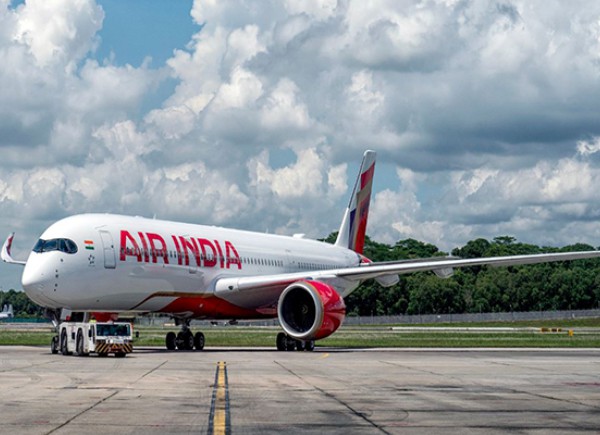
Air India has projected annual losses exceeding INR 50 billion ($600 million) due to Pakistan’s ongoing closure of its airspace to Indian carriers, and has formally requested a government subsidy to mitigate the financial impact. In a letter to the Civil Aviation Ministry, the national carrier highlighted increased fuel costs, longer flight durations, and added crew requirements on international routes as major cost drivers resulting from forced rerouting.
The airspace ban by Pakistan follows India’s suspension of the Indus Waters Treaty, itself a response to a terrorist attack on tourists in Pahalgam, Kashmir, further escalating geopolitical tensions between the two nations. Air India, with its vast international network, has been hit hardest by the restriction and is urging the government to adopt a “verifiable and fair” subsidy model, which would be withdrawn once airspace access is reinstated.
The airline warned that without immediate relief, the financial strain could have a cascading effect on India’s aviation sector, already operating under thin margins. While other Indian carriers are also expected to face operational challenges, Air India’s strategic exposure to international routes makes it particularly vulnerable.
The government has not yet issued an official response, but the situation underscores how geopolitical conflicts can severely disrupt civilian aviation infrastructure, impacting airlines, passengers, and the broader economy. With no resolution in sight, industry stakeholders are preparing for prolonged flight diversions and rising operational costs.

